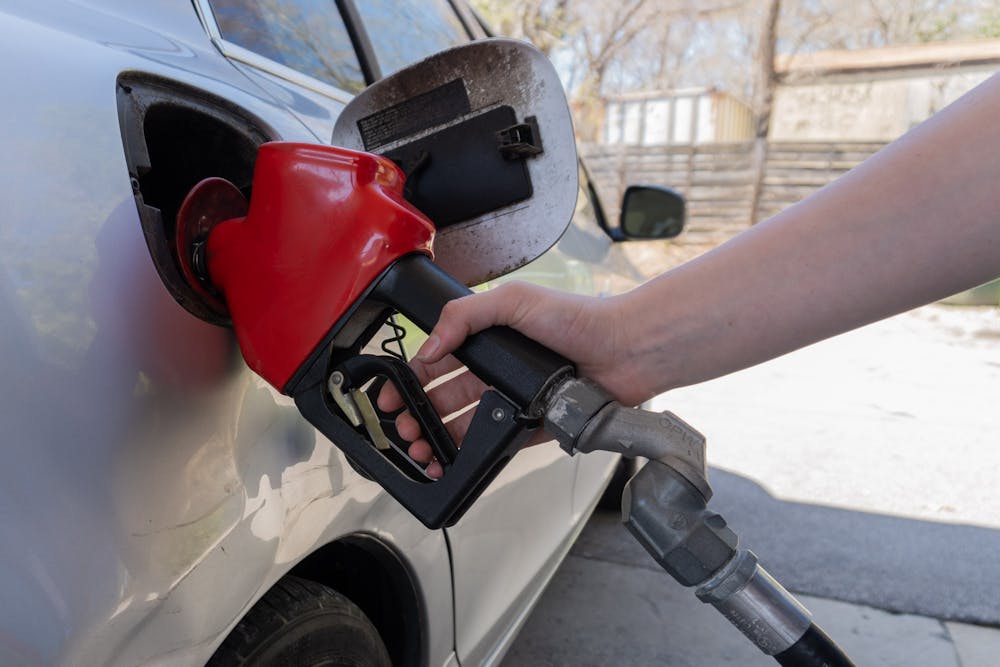On March 16, the Federal Reserve’s Open Market Committee projected total inflation across the United States to be 4.3 percent.
Regular residents are immediately impacted by this, particularly if they own or drive a vehicle. Across North Carolina, there are more than 3.4 million vehicles registered in 2019, according to data from the U.S. Department of Transportation.
And, across the nation, research from Value Penguin found that more than 91.3 percent of households reported having access to at least one vehicle as of last year.
Communities impacted by rising prices
Although an increase in prices impacts those who drive cars, those who are low-income face additional challenges.
Around 71 percent of households earning less than $40,000 annually reported facing financial hardships due to inflation, in comparison to 21 percent of households that earn more than $100,000 or more who have reported hardships, according to a 2021 Gallup poll.
There are also immediate impacts to those living in rural communities where public transportation is limited, according to The Brookings Institution.
The North Carolina Department of Commerce also reported that around 40 percent of residents live in one of the state's 80 rural counties, where population density is 250 people per square mile or less.
“Like most escalations in cost, the people who will be hit first and hardest are those who are least able to afford it,” Carrboro Mayor Damon Seils said. “Especially lower income folks in the community — people who don't have a lot of options other than to drive a car and are already strapped when they're trying to pay for gas.”
In addition, marginalized communities also face disproportionate consequences. A 2017 report from the Federal Reserve found that Black and Hispanic households have less accumulated wealth, meaning inflation can lead to additional challenges in making ends meet.
Seils said the higher gas prices have created further challenges for racial and ethnic minorities in Carrboro, many of whom already suffer from the effects of other issues, such as finding affordable housing across the Triangle.
“People who are already disadvantaged get disadvantaged further,” he said.
To get the day's news and headlines in your inbox each morning, sign up for our email newsletters.
Charlotte resident Raphael Alexander, who is undergoing an apprenticeship at the Carolinas Electrical Training Institute, said the increase in gas prices has forced him to cut back on food purchases and reevaluate his money spending habits.
"Unfortunately, I can’t really do too much lately," Alexander said.
He said his daily commute to his apprenticeship, which roughly takes half an hour by car, is difficult to access through public transportation or other alternatives. Because of this, he said he is forced to pay the higher rates on gas.
“In our current society, not everyone is living as comfortably as others,” Alexander said.
Possible alternatives
Walden said there aren't many ways to address the nationwide rising gas prices beyond direct government financial assistance.
For local residents, however, Seils said public transit can be an effective alternative to cars for residents struggling to afford cars or gasoline.
“I think it's important for us to continue to invest in public transit, which in my view is not a luxury or an amenity in our community — it's a necessity,” he said. “With transit, we can make sure that folks who really need more options have access to them.”
@HarrisonGGummel | @DTHCityState
city@dailytarheel.com | elevate@dailytarheel.com



